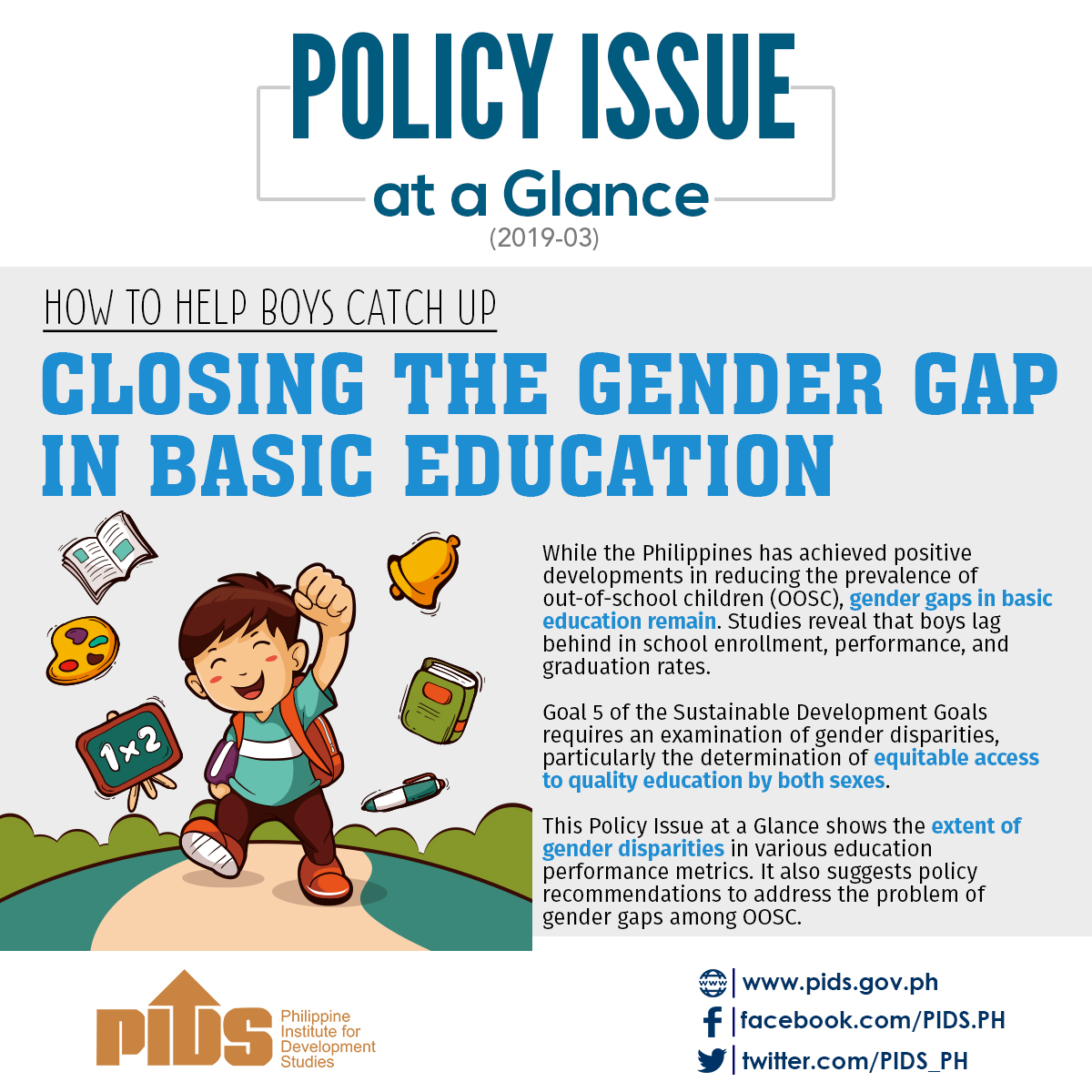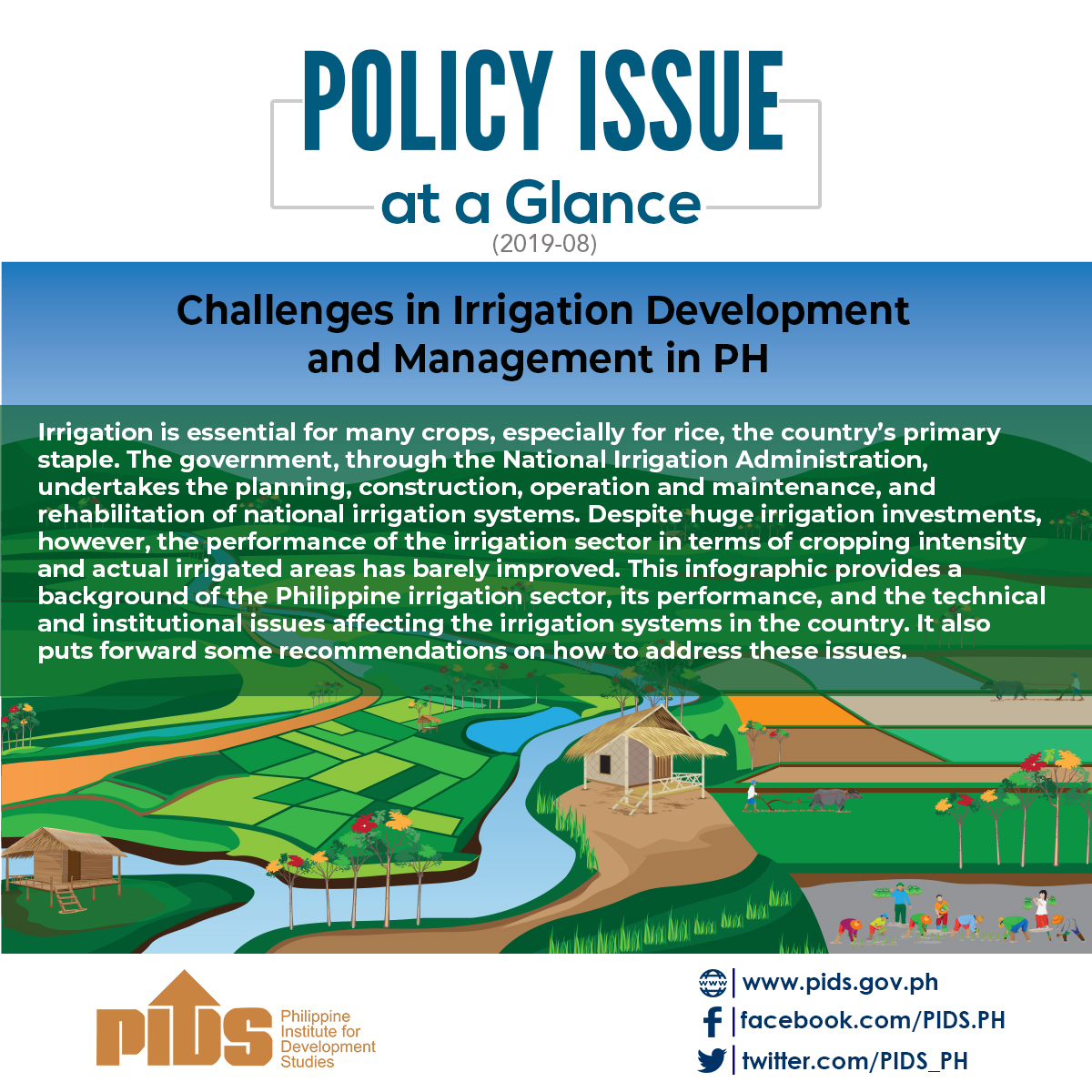The government must allocate more funds to widespread adoption of organic farming as prices of chemical fertilizers remain high, a report from the Philippine Institute for Development Studies said.
The PIDS report posted online this week said the use of organic fertilizers from animal and plant wastes plus some chemical fertilizers could raise rice farmers' income up to P79,195 per hectare based on a study by the Philippine Rice Research Institute.
The reason for this, researchers said, is that farmers can buy less organic fertilizers while keeping the soil healthy over the long-term, resulting in more abundant harvests.
PIDS shared that organic rice farmers in the Caraga Region have been able to produce 90 to 100 sacks per hectare compared with 80 sacks from heavy use of chemical fertilizers.
Citing a study on Bangladesh rice farmers, PIDS said their rice harvests increased by over 16 percent using organic fertilizers.
According to the Philippine Statistics Authority, the group of organic rice farmers already expanded to 37 percent of all rice farmers in the country in 2022, when prices of chemical fertilizers surged to P3,000 per sack or triple the price in January 2021. However, the practice of organic farming only grew to 5 percent.
While prices of inorganic fertilizers have dropped to P1,500 per sack, the Department of Agriculture (DA) said the Philippines imports about 40 percent of its requirement for synthetic urea fertilizer from China.
Agriculture Undersecretary Leocadio Sebastian said supply of this fertilizer might become uncertain as the Philippines and China fight for control over the West Philippine Sea.
More funding
To encourage more Filipinos to shift to organic farming, PIDS said the government must provide more funding to distributing chemical-free fertilizers.
"Although prices have since dropped, the subsidy program remains in place, with P9.6 billion allocated for rice production subsidies alone in 2024," PIDS said.
The institute said subsidies for chemical fertilizers must be gradually reduced once the farmers have effectively adopted organic farming.
To spur higher demand from consumers, PIDS added the government must allocate more funds to certifying organic products under the Participatory Guarantee System (PGS).
PGS is a community based certification where farmers join PGS groups to obtain the organic label on their products. PGS groups are accredited by the DA and must obtain business permits from local government units.
PIDS said 238 PGS group trainings have been conducted since 2021, resulting in 22 PGS groups.












